Donald Trump’s second term as President will bring new challenges to an already tense international system. Although there have been no clear moves, the ASEAN economy is expected to be heavily influenced by the US administration’s policies in the coming period.
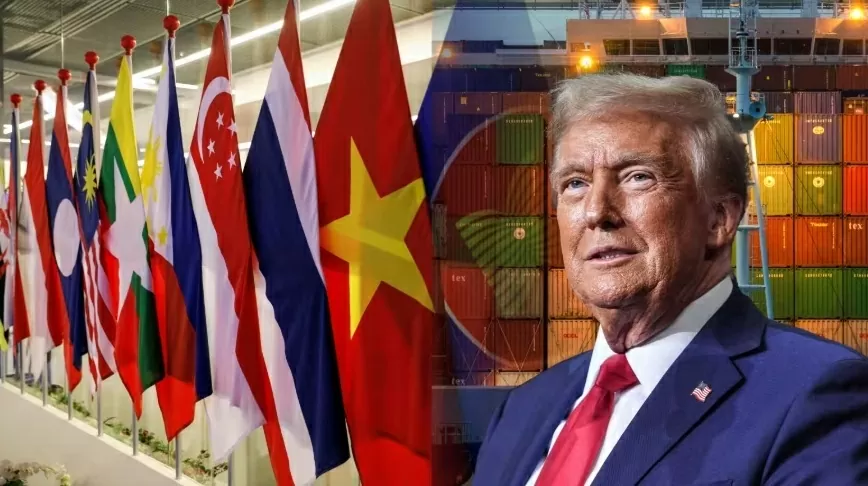 |
| Economically, the world's largest economy remains an important investor and market for ASEAN countries. (Source: Reuters) |
The US leader's deep skepticism of alliances and pursuit of unilateralism are seen as eroding traditional partnerships, forcing US allies to reconsider their strategic positions.
This shift could lead to a reassessment of security commitments and multilateral cooperation, especially in areas where the US has influence.
While ASEAN nations review their strategic posture, Washington remains a key player in regional security, providing military assistance and defense cooperation.
Economically, the world's largest economy remains an important investor and market for ASEAN countries, helping to balance close trade relations with China.
However, aligning with the US could become increasingly costly and difficult, and doubts may arise about Washington's long-term commitment to regional stability.
ASEAN member states have different economic and strategic interests, which may vary in how closely they are aligned with the US, posing challenges to bloc unity.
Worry and vigilance
Expert Thitinan Pongsudhirak from Chulalongkorn University (Thailand) commented that Mr. Trump's focus on tariff policy will make ASEAN "worried and wary" about how the White House owner will operate foreign policy in the next 4 years, especially whether Washington will continue to play the role of security guarantor for the region or not?
“Basically, he (President Trump) is upsetting the order that America has built. The geopolitical situation is in free fall,” the expert said.
According to research expert Fitri Bintang Timur of the Center for Strategic and International Studies (CSIS) in Indonesia, President Trump's return signals the rise of unilateralism and economic decoupling from China - an outcome that ASEAN is unlikely to accept.
For ASEAN, competition between the world's two leading superpowers could threaten cohesion and divide the region.
President Trump’s “unpredictability” and concerns about expanding tariff policies continued to overshadow the China-Southeast Asia Summit 2025 in Kuala Lumpur, Malaysia, which took place this week.
Speaking at the conference, Malaysian Prime Minister Anwar Ibrahim emphasized that ASEAN must diversify its partnerships, expand its global engagement beyond traditional partners and establish the region as a reliable hub for international trade and investment.
The head of the Malaysian government affirmed that this is necessary to minimize the impact of external shocks, most obviously the shock from possible tariffs, which President Trump has pledged to apply to trading partners that have large trade surpluses with the US.
Mr Ibrahim also said that Malaysia has a clear stance - non-alignment and will not be drawn into great power rivalries: “We oppose economic coercion and unilateral actions that undermine regional stability. We support a rules-based multilateral system that is fair, transparent and representative for all, especially for the Global South.”
According to the Malaysian leader, strengthening ties with China, the Gulf Cooperation Council (GCC), BRICS and other emerging economies is not about choosing sides but about ensuring ASEAN's strategic relevance in a multipolar world.
By diversifying its partnerships, ASEAN can enhance economic resilience, tap new investment opportunities, and play a more proactive role in shaping the global governance framework.
Three important challenges
ASEAN's economic recovery will also depend on how effectively the bloc addresses three key challenges, Prime Minister Anwar Ibrahim said.
First is supply chain disruption and diversification. According to the Malaysian Prime Minister, ASEAN must become a reliable hub for global trade and investment by reducing its vulnerability to external shocks.
Strengthening ASEAN's industrial base through investments in advanced manufacturing, semiconductors and green technology will be essential.
Second is energy security and sustainability. The ASEAN power grid and renewable energy investments will play a central role in ensuring climate-conscious economic growth and long-term goals.
The Malaysian leader also noted that Malaysia's 70% renewable energy target by 2050 will serve as a benchmark for ASEAN's broader sustainability efforts.
Third is the digital economy and artificial intelligence (AI). The ASEAN Digital Economy Framework Agreement must act as a catalyst for regional transformation by prioritizing AI governance, cybersecurity, and digital inclusion.
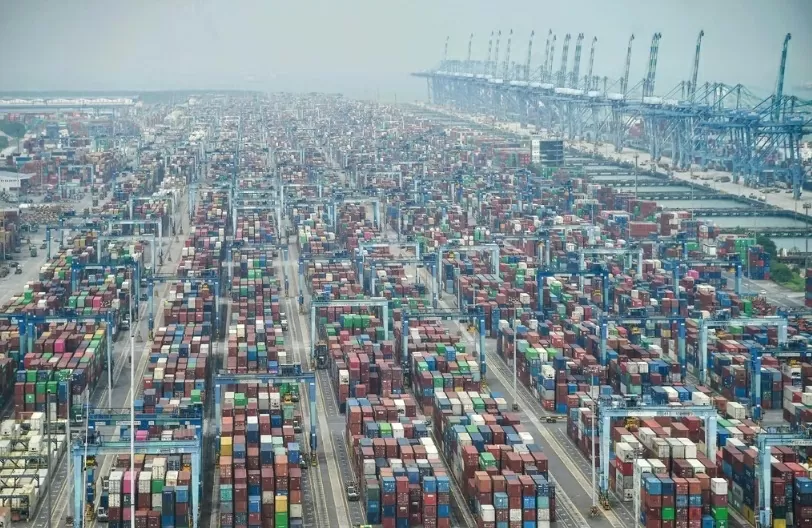 |
| According to the Malaysian Prime Minister, ASEAN's economic recovery will also depend on how effectively the bloc addresses three key challenges. (Source: AFP) |
To ensure all ASEAN member states can fully exploit the benefits of technological advances, Prime Minister Anwar Ibrahim said ASEAN must establish common standards on data protection, facilitate seamless cross-border digital trade and invest in capacity-building initiatives to bridge the digital divide.
“By fostering a secure, innovative and inclusive digital ecosystem, ASEAN can position itself at the forefront of the global digital economy, driving sustainable growth and shared prosperity for the region,” he noted.
Optimistic about the future
Despite the challenges, analysts remain optimistic about ASEAN's future as a global economic powerhouse.
Ronnie Lim, CEO of telecommunications infrastructure company OMS Group, said the digital economy has brought many opportunities for ASEAN to grow, especially as countries like Malaysia have had a head start in meeting the growing demand for data centers, contributing to promoting the digital transformation process in the region.
“ASEAN’s economic trajectory is inextricably linked to digital infrastructure and the region has seen strong expansion driven by consumption, the rise of 5G, AI-driven economies and the growth of cloud computing backed by tech giants.”
The recent China-Southeast Asia 2025 Conference also affirmed that Beijing will continue to play an important role in ASEAN's growth.
China's huge household savings and its role as an exporter will continue to boost its competitiveness against other partner countries, thereby supporting ASEAN's development, said David Liao, co-chief executive of Asia and the Middle East at HSBC Holdings.
Experts predict that although Southeast Asia is not affected by President Trump's initial series of trade actions at this time, with the White House owner continuing to push tariff policies on his trade partners, the possibility of ASEAN being caught in this "vortex" is very close.
Source: https://baoquocte.vn/chinh-sach-thue-quan-cua-tong-thong-trump-dot-nong-kinh-te-toan-cau-asean-lieu-co-binh-yen-vo-su-305161.html



![[Photo] Students of Binh Minh Primary School enjoy the full moon festival, receiving the joys of childhood](https://vphoto.vietnam.vn/thumb/1200x675/vietnam/resource/IMAGE/2025/10/3/8cf8abef22fe4471be400a818912cb85)
![[Photo] Prime Minister Pham Minh Chinh chairs meeting to deploy overcoming consequences of storm No. 10](https://vphoto.vietnam.vn/thumb/1200x675/vietnam/resource/IMAGE/2025/10/3/544f420dcc844463898fcbef46247d16)






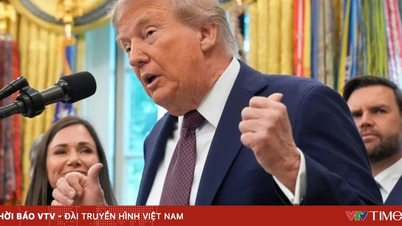




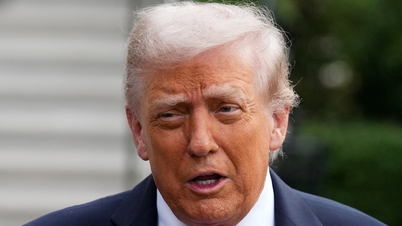



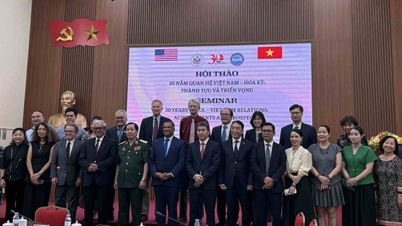
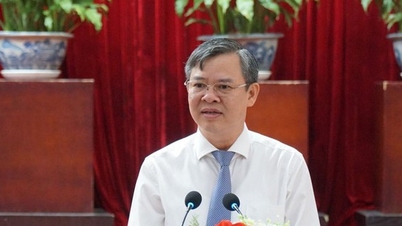

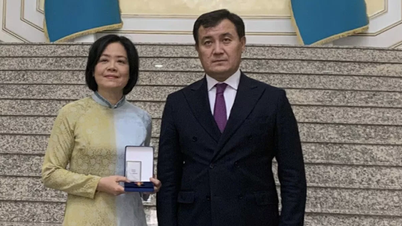
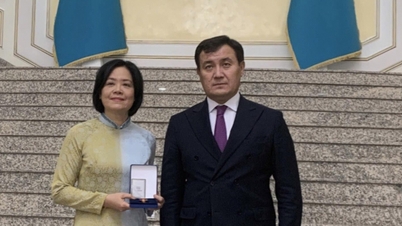




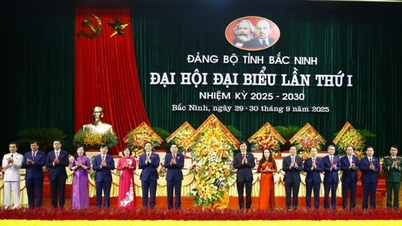
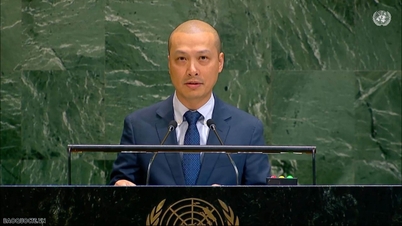

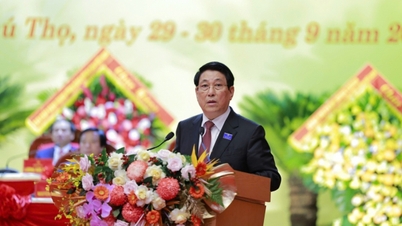
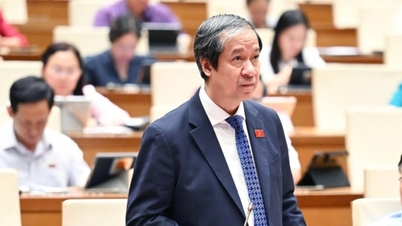















































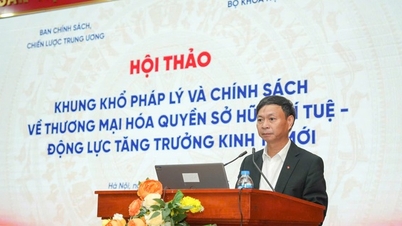

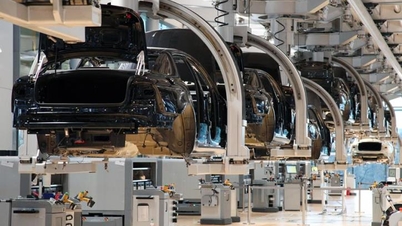
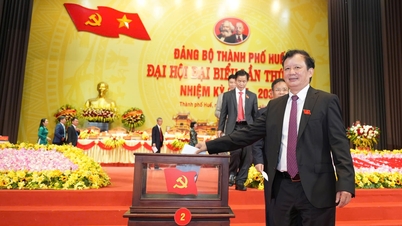


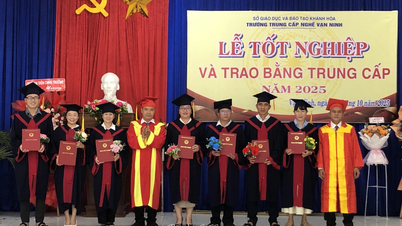



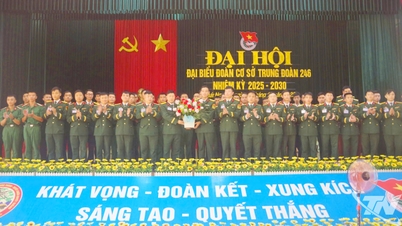













Comment (0)